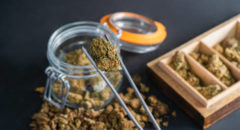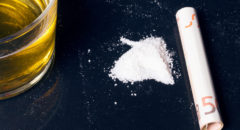
The opioid crisis has left a devastating impact on communities across the United States. As the nation grapples with the rising number of opioid overdoses, public figures and organizations are stepping up to raise awareness and provide solutions. One such individual is former NFL star Emmitt Smith. BlackDoctor.org sat down with the Pro Football Hall of Famer, who has joined forces with Emergent’s “Ready to Rescue” campaign, which aims to combat opioid emergencies and overdoses to discuss his personal connection to substance abuse and why he chose to join the campaign.
Emmitt Smith’s Personal Connection to the Opioid Crisis
Like many individuals, Smith has faced the heart-wrenching loss of a loved one due to opioid addiction. In the 1990s, the former Dallas Cowboys running back lost a teammate to a fatal overdose. While it’s not confirmed if the teammate died as a result of an opioid overdose, his death is indicative of the dangers of substance abuse.
Additionally, Smith’s sister struggled with severe pain management due to being placed on opioids after undergoing chemotherapy. This resulted in two alarming episodes.
Smith’s connections aren’t isolated events.
According to the CDC, over 108,000 overdose deaths took place in just 12 months between 2021-22. Eight in 10 of these deaths were opioid-related. Furthermore, with the rise in synthetic opioids such as fentanyl, the epidemic is disproportionately impacting urban communities, where opioid overdose death rates are four to six times greater amongst Black Americans than white Americans.
RELATED: Emmitt Smith: Breaks Down The Brain & Body After Football
Realizing the impact substance abuse has on so many individuals was the driving force for Smith’s desire to get involved and make a difference.
“The goal is to bring more awareness and reduce the stigma around opioid emergencies to get people keenly aware and allow them the opportunity to go and gather information… and equip yourself with information just in case you run into a situation where there’s an opioid emergency within your household,” Smith shares adding that the spray is easy to have on hand whether it’s in your home, vehicle, or first-aid kits.
Through this, Smith hopes people will realize that they can assist and help save a life at any point in time.
The 54-year-old has also utilized his personal experiences as a way to have essential conversations with his family members about the importance of safeguarding yourself in social situations.

When Smith’s daughters and son began their college journeys, he made sure they received a vital piece of advice: don’t leave your drinks unattended.
“You just can’t be too cautious when it comes to what’s in that glass, who poured it, or where it’s been,” the father of five shares.
“This isn’t just about avoiding the dangers of drugs like date-rape substances or the current threat of fentanyl. It’s about instilling an awareness and a mindset of safety,” Smith adds. “I stressed the importance of never lowering your guard, of keeping your defenses up, and staying keenly aware of your surroundings. It’s a message that I believe can help keep everyone safe.”
RELATED: Opioid Addiction: 5 Things Everyone Should Know
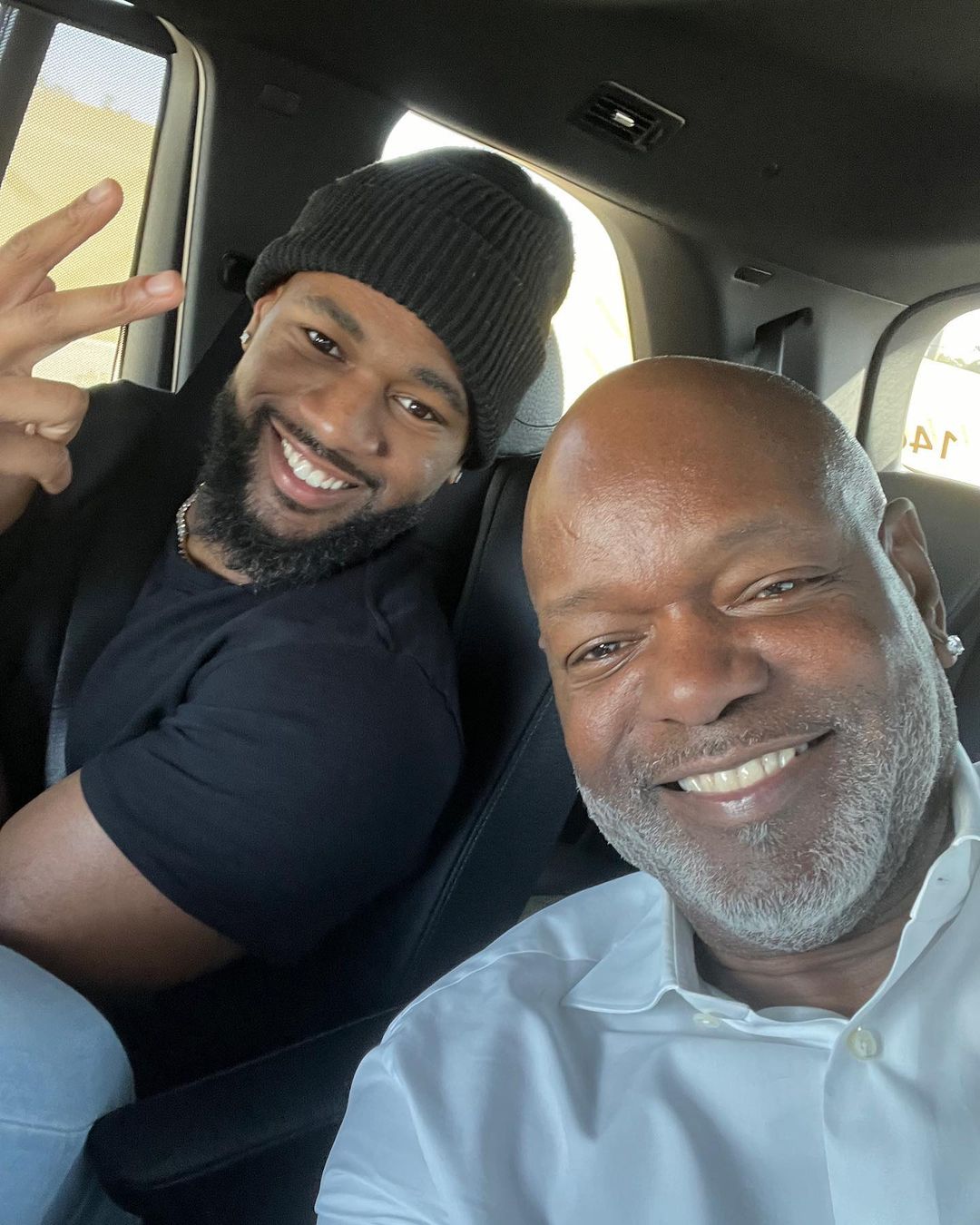
How Narcan Nasal Spray Can Save Lives
Narcan, also known as naloxone, is a medication that can rapidly reverse the effects of an opioid overdose when administered in a timely manner. It is accessible, easy to use, and has the potential to save lives with swift action in homes, parties and other gatherings where overdoses typically occur.
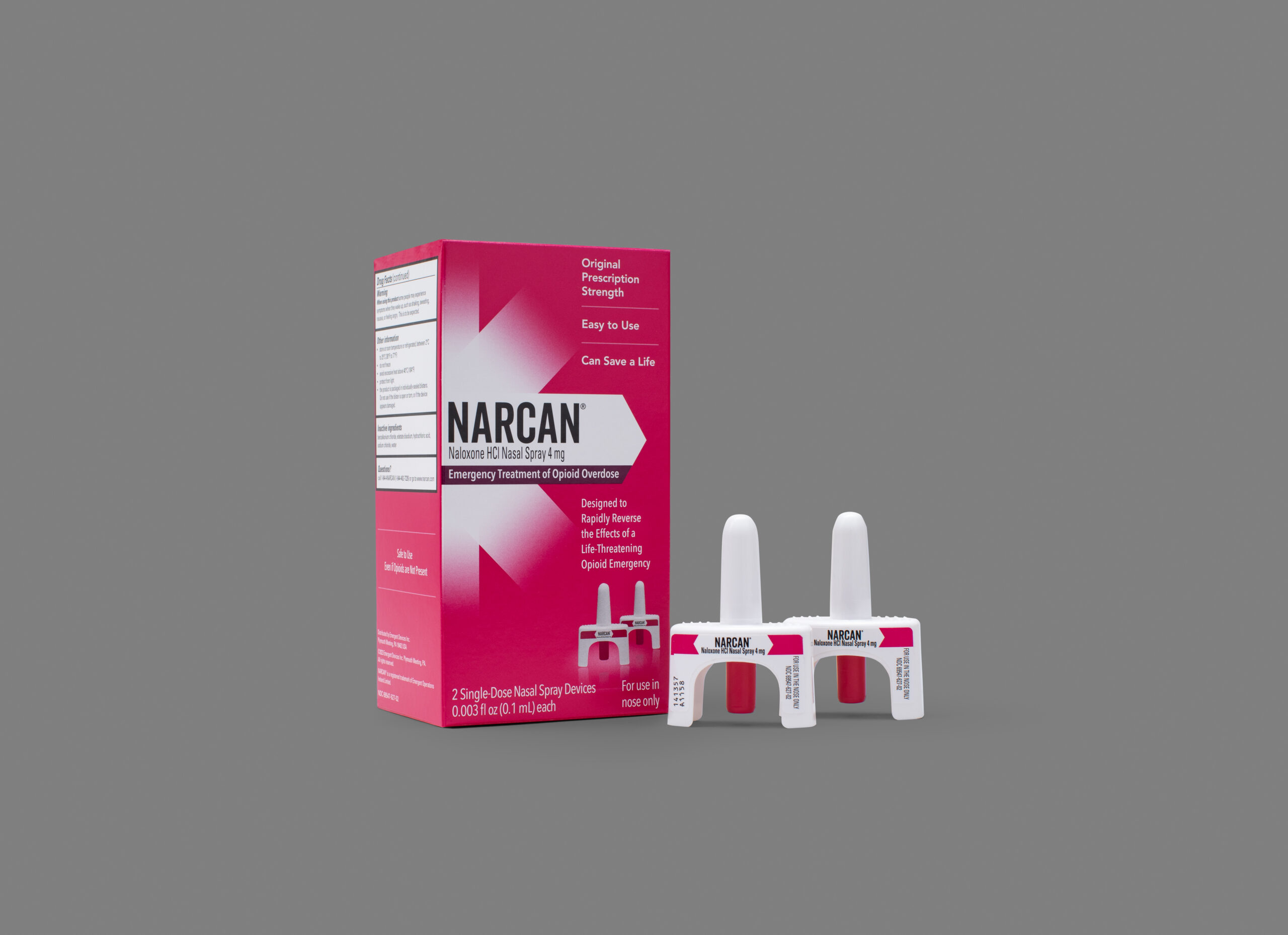
Common symptoms of an opioid overdose include:
- Extreme Drowsiness or Unconsciousness: The person may be difficult to awaken, or they may be completely unresponsive.
- Slow or Shallow Breathing: Respiratory depression is a hallmark of opioid overdoses. The person’s breathing may become slow, irregular, or even stop altogether.
- Blue or Gray Skin and Lips: Due to a lack of oxygen, the person’s skin, particularly around the lips and fingertips, may appear bluish or gray.
- Tiny Pupils: Constricted (pinpoint) pupils are a common sign of opioid overdose, as the drug affects the autonomic nervous system.
- Limpness or Weakness: The person may be extremely weak or limp, and their muscles may appear relaxed.
- Inability to Speak Coherently: Opioid overdoses can lead to slurred speech or incoherent communication.
- Nausea and Vomiting: Some individuals may experience nausea and vomiting, which can contribute to the risk of choking on vomit.
- Confusion or Disorientation: Opioid overdose can cause mental confusion or disorientation.
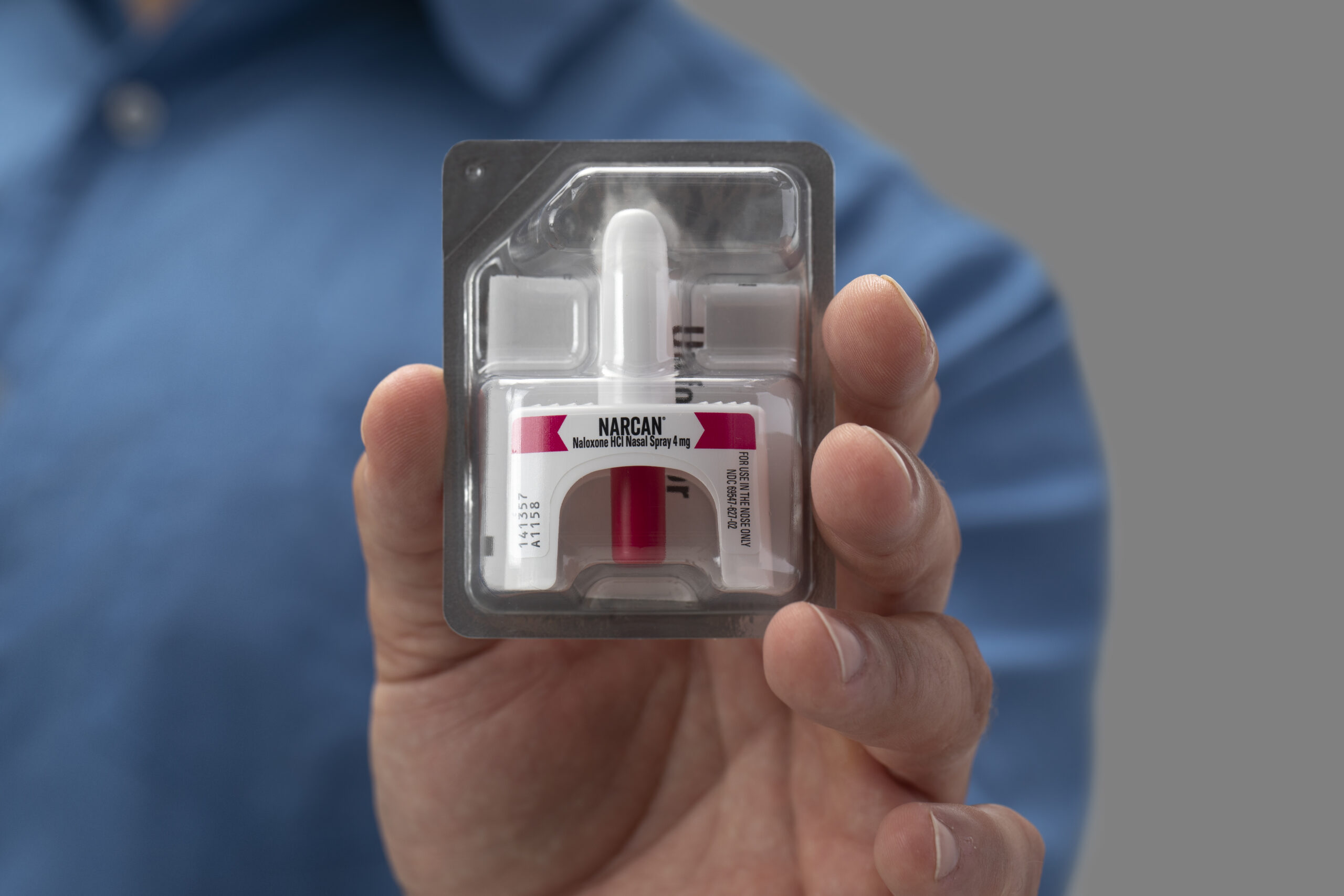
RELATED: Opioids: Are You Using Them Safely?
If you encounter an individual experiencing an overdose and have access to Narcan, you can quickly administer the nasal spray by inserting it into the nostril. Narcan rapidly enters the bloodstream, helping to revive the person in distress by counteracting the effects of the opioids. However, it is crucial to call 911 immediately when administering Narcan to ensure that professional medical assistance is on the way.
For information about how Narcan works or how to administer Narcan, visit narcan.com.




